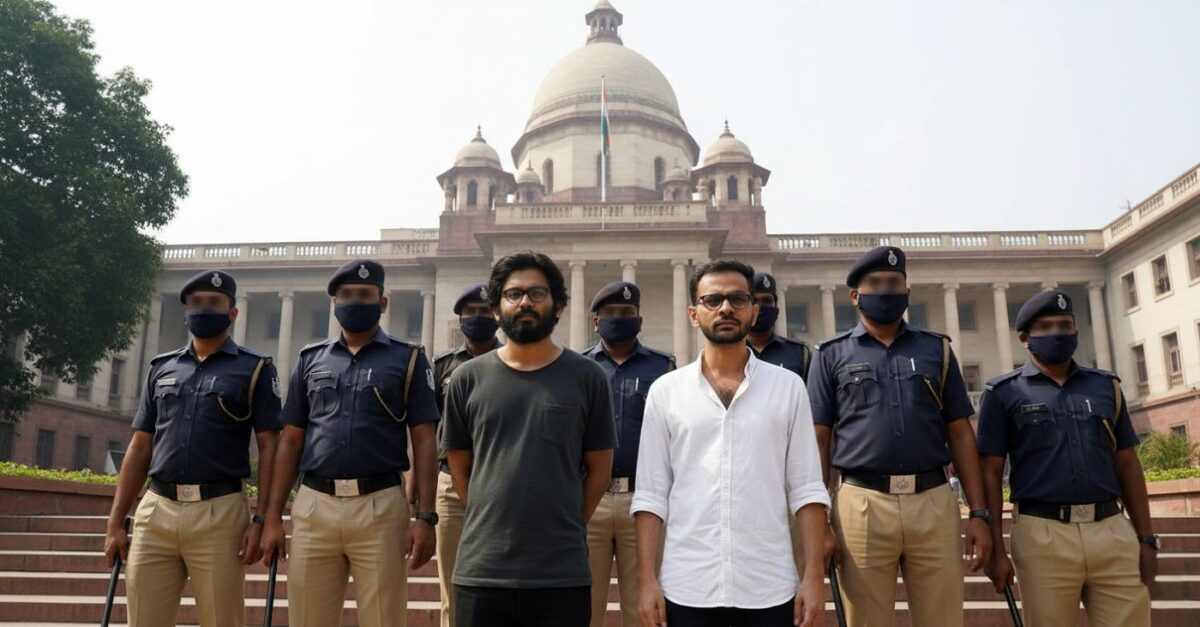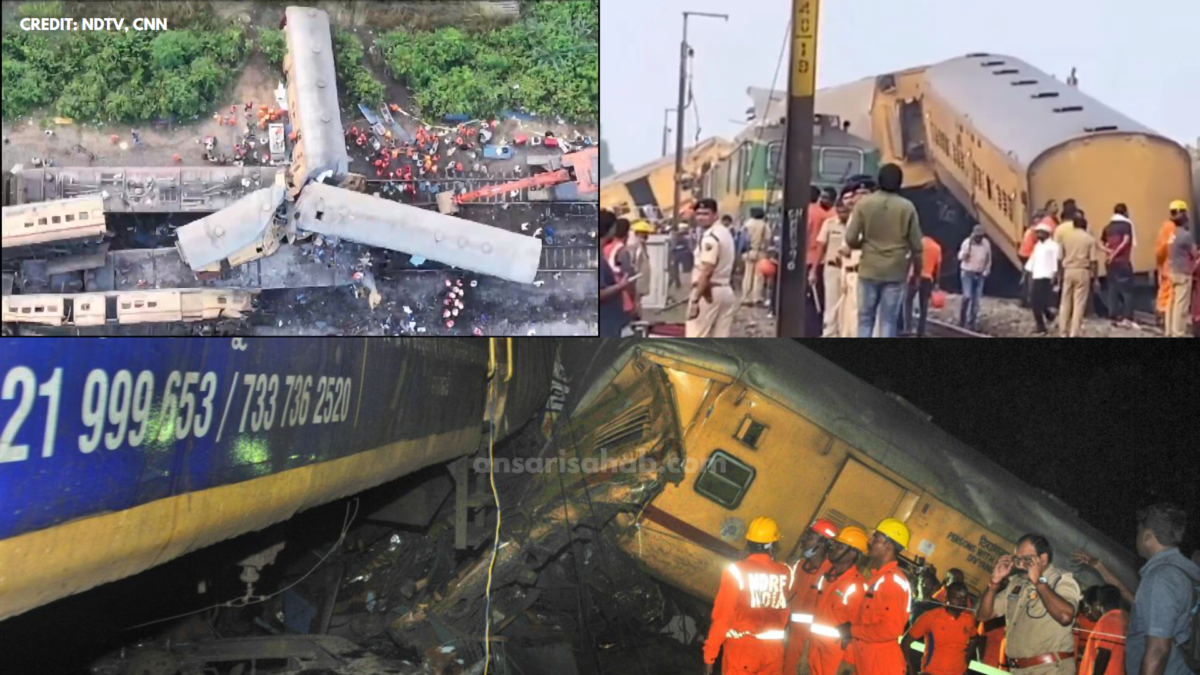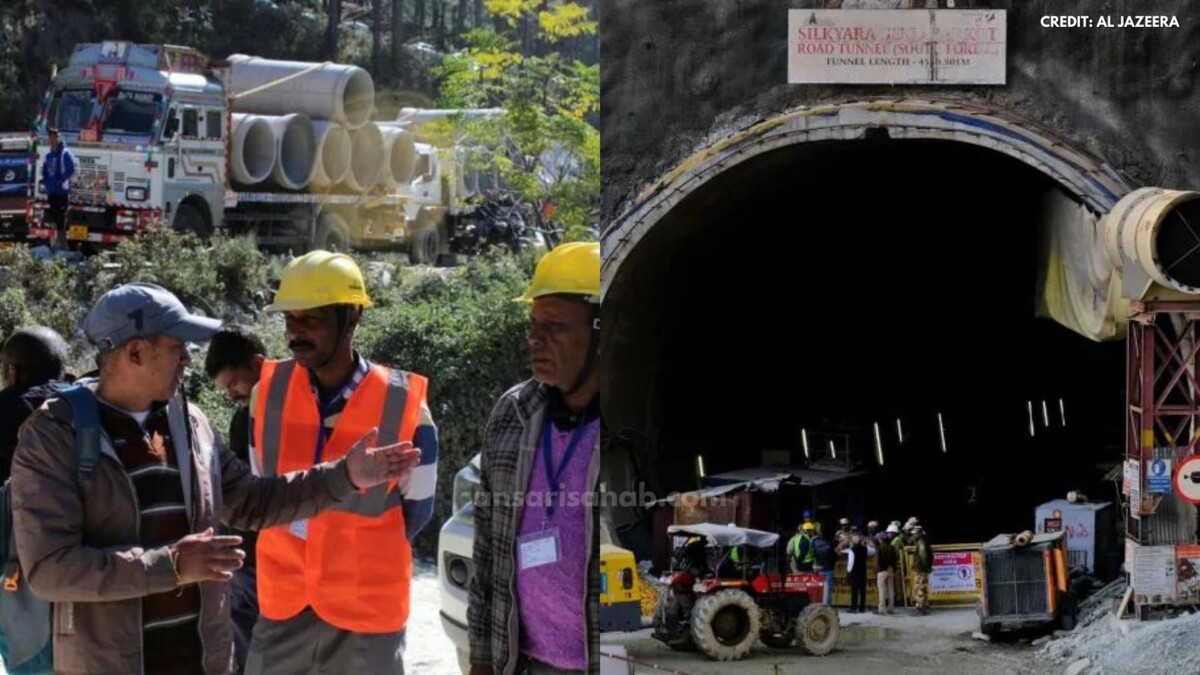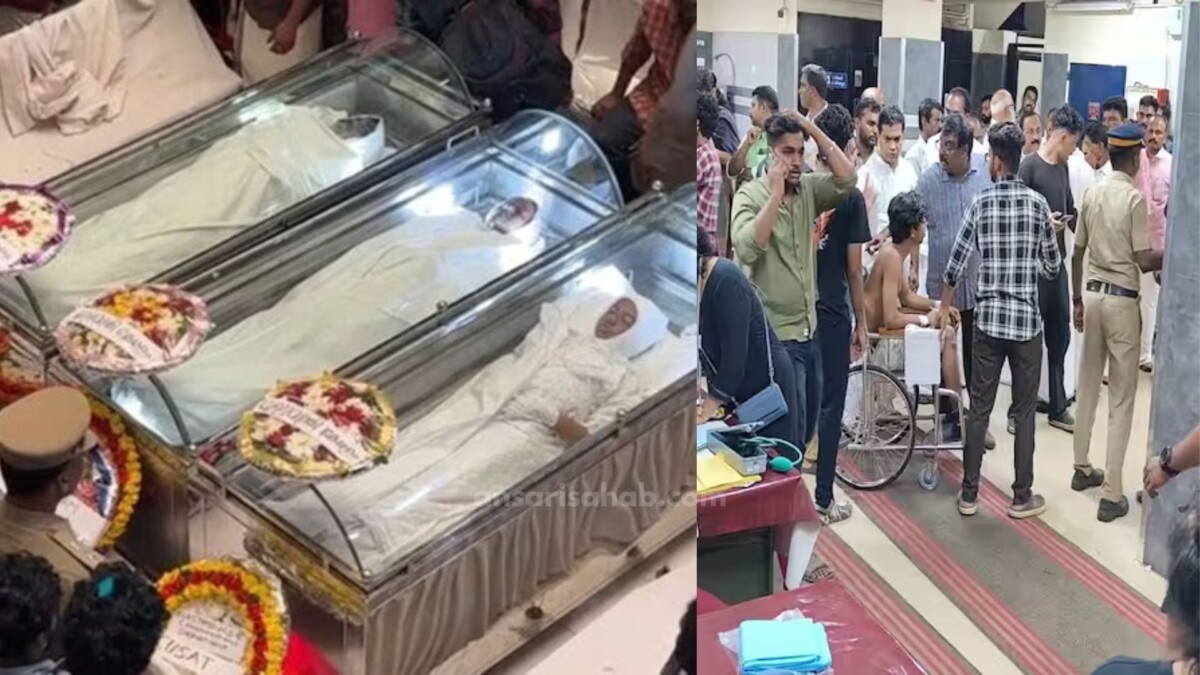Delhi High Court Denies Bail to Key Activists in 2020 Delhi Riots Conspiracy Case
NEW DELHI, September 2, 2025 — In a significant development, the Delhi High Court has denied bail to activists Sharjeel Imam, Umar Khalid, and seven others in connection with the alleged conspiracy behind the February 2020 Delhi riots. The court’s decision underscores the gravity with which it views the charges under the Unlawful Activities (Prevention) Act (UAPA) and the Indian Penal Code (IPC).
Accused Individuals and Charges
The individuals whose bail applications were rejected include:
- Sharjeel Imam
- Umar Khalid
- Athar Khan
- Abdul Khalid Saifi
- Gulfisha Fatima
- Meeran Haider
- Shifa Ur Rehman
- Mohd Saleem Khan
- Shadab Ahmed
These individuals are accused of orchestrating a larger conspiracy that led to the violent clashes in northeast Delhi during protests against the Citizenship Amendment Act (CAA) and the National Register of Citizens (NRC). The violence resulted in 53 deaths and over 700 injuries, with extensive property damage.
Legal Proceedings and Court’s Rationale
A bench comprising Justices Navin Chawla and Shalinder Kaur pronounced the order, stating that the accused must remain in custody while trial proceedings continue. The court emphasized that the provisions under the UAPA did not permit the granting of bail in this case. The accused had been in jail since 2020 and had moved the high court after their bail pleas were dismissed by a trial court.
Solicitor General Tushar Mehta, representing the prosecution, argued that the riots were not a spontaneous occurrence but the result of a planned conspiracy aimed at defaming the nation globally. He alleged that the accused coordinated their activities through various platforms, including WhatsApp groups, to incite violence and disrupt public order.
In contrast, the defense counsel for the accused contended that their clients had been incarcerated for an extended period without trial. They argued that the delay in the judicial process amounted to a denial of justice and sought bail on these grounds.
Public Reaction and Political Implications
The court’s decision has sparked reactions from various quarters. Supporters of the accused have expressed concerns over the prolonged detention without trial, emphasizing the need for a fair and timely judicial process. They argue that the denial of bail could set a concerning precedent for the rights of individuals facing serious charges.
On the other hand, those in favor of the court’s decision assert that the severity of the charges necessitates stringent measures to ensure that justice is served. They believe that the denial of bail is a step toward upholding the rule of law and maintaining public order.
FAQs
Both are charged under the UAPA and IPC for allegedly masterminding the 2020 Delhi riots.
The Delhi High Court cited the provisions of the UAPA, which do not permit bail in such cases, and emphasized the seriousness of the charges.
The trial proceedings will continue, and the accused remain in custody pending further legal developments.
News Sources:
NDTV
Times of India
India Today
Live Mint









